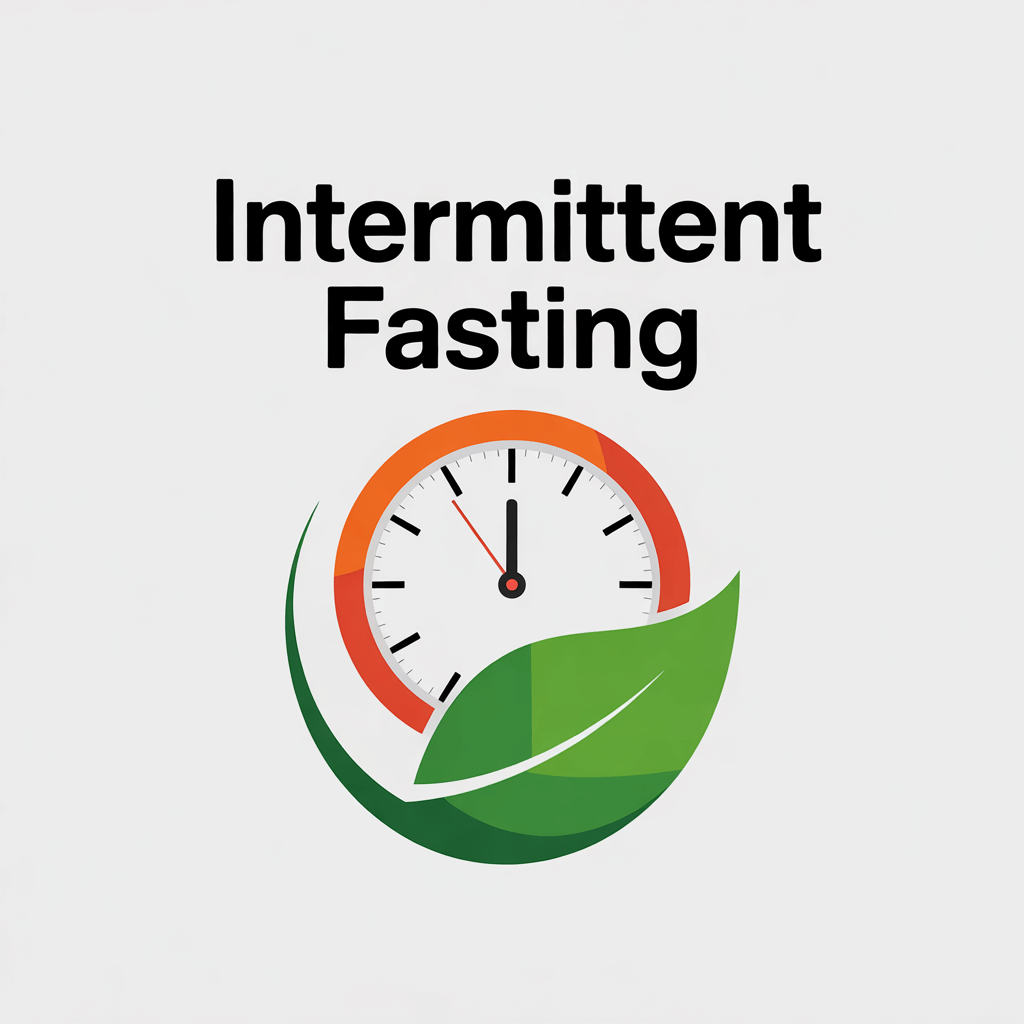
In today’s health-conscious world, intermittent fasting (IF) has emerged as more than just a trend—it’s become a sustainable lifestyle choice backed by impressive scientific research. Whether your goal is weight loss, improved metabolic health, or enhanced longevity, intermittent fasting offers a flexible framework that can be tailored to your unique needs and circumstances.
What Is Intermittent Fasting?
Intermittent fasting isn’t about what you eat, but when you eat. It involves cycling between periods of eating and fasting, creating a pattern that can help your body tap into fat stores more efficiently while triggering numerous beneficial cellular processes.
Unlike traditional diets that restrict specific foods, intermittent fasting focuses on timing. This approach has made it particularly complementary to other dietary patterns like ketogenic, paleo, or plant-based diets.
The Science-Backed Benefits of Intermittent Fasting
Research continues to unveil remarkable benefits of intermittent fasting that extend far beyond weight management:
1. Enhanced Fat Burning and Weight Loss
When you fast, insulin levels drop significantly, facilitating improved fat burning. Studies show that intermittent fasting can lead to 3-8% weight loss over 3-24 weeks, with participants experiencing a substantial reduction in waist circumference—indicating a loss of harmful visceral fat.
2. Improved Metabolic Health
Intermittent fasting has been shown to improve insulin sensitivity by 20-31% and reduce fasting blood sugar by 3-6%, potentially decreasing the risk of type 2 diabetes. These metabolic improvements occur even independent of weight loss.
3. Cellular Repair Through Autophagy
During fasting periods, your cells initiate autophagy—a process where cells remove damaged components and recycle them. This cellular “housekeeping” may play a crucial role in preventing age-related diseases and extending lifespan.
4. Brain Health and Cognitive Function
Fasting increases the production of brain-derived neurotrophic factor (BDNF), a protein that supports brain health and may protect against neurodegenerative diseases like Alzheimer’s and Parkinson’s.
5. Reduced Inflammation
Chronic inflammation underlies many diseases. Research indicates intermittent fasting can reduce key inflammatory markers, potentially lowering the risk of various inflammatory conditions.

Popular Intermittent Fasting Methods
There are several effective approaches to intermittent fasting, each with unique benefits:
16:8 Method (Leangains Protocol)
This approach involves fasting for 16 hours and restricting your eating window to 8 hours daily—for example, eating only between 12 PM and 8 PM. It’s popular for its simplicity and ease of integration into daily routines.
14:10 Method
A gentler approach ideal for beginners, the 14:10 method involves fasting for 14 hours with a 10-hour eating window. This can be as simple as finishing dinner by 7 PM and not eating again until 9 AM the next day.
20:4 Method (Warrior Diet)
This more advanced protocol involves fasting for 20 hours and eating within a 4-hour window. It typically means having one large meal in the evening with optional small snacks during the eating window.
OMAD (One Meal A Day)
OMAD is exactly as it sounds—you consume all your daily calories in a single meal, usually within a one-hour eating window, and fast for the remaining 23 hours.
5:2 Diet
This approach involves eating normally for five days of the week while restricting calories to 500-600 on two non-consecutive days.
Who Should Exercise Caution With Intermittent Fasting?
While intermittent fasting offers numerous benefits, it’s not appropriate for everyone:
- Pregnant or breastfeeding women
- People with a history of eating disorders
- Individuals with certain medical conditions, including diabetes (without medical supervision)
- Those with hormonal imbalances or adrenal fatigue
- Children and adolescents
Always consult with a healthcare provider before starting any fasting regimen, especially if you have underlying health conditions.
How to Start Intermittent Fasting: Your Personalized Approach

Starting intermittent fasting doesn’t have to be complicated. Here’s a simple roadmap:
- Begin gradually: If you’re new to fasting, start with a 12-hour overnight fast and gradually extend it.
- Stay hydrated: Drink plenty of water, black coffee, or unsweetened tea during fasting periods.
- Focus on nutrition: During eating windows, prioritize nutrient-dense whole foods rather than processed options.
- Listen to your body: Pay attention to how different fasting schedules affect your energy, mood, and overall wellbeing.
- Be consistent: Consistency is key to experiencing the full benefits of intermittent fasting.
Find Your Perfect Fasting Schedule with Our Interactive Calculator
Determining the optimal fasting protocol can feel overwhelming with so many variables to consider—your age, gender, activity level, health conditions, and personal goals all play important roles in finding your ideal approach.
That’s why we’ve created our Personalized Intermittent Fasting Calculator.
Our calculator takes the guesswork out of intermittent fasting by analyzing your specific circumstances and goals to recommend:
- The ideal fasting-to-eating ratio for your situation
- Optimal timing for your eating window based on your daily schedule
- Suggested meal timing to maximize benefits
- Practical implementation strategies tailored to your lifestyle
Try Our Free Intermittent Fasting Calculator Now and receive your personalized fasting plan in seconds!
Frequently Asked Questions About Intermittent Fasting
Will intermittent fasting slow my metabolism?
Unlike chronic calorie restriction, research suggests intermittent fasting doesn’t significantly slow metabolism when practiced appropriately.
Can I exercise while fasting?
Yes! Many people find they perform well during fasted workouts, particularly for low to moderate-intensity activities. High-intensity or long-duration exercise may be better scheduled during eating windows for some individuals.
What can I consume during fasting periods?
Water, black coffee, unsweetened tea, and other non-caloric beverages are generally acceptable during fasting periods as they don’t trigger an insulin response.
Can intermittent fasting be combined with other diets?
Absolutely! Intermittent fasting can complement many dietary approaches, including ketogenic, Mediterranean, paleo, and plant-based diets.
Conclusion: A Sustainable Approach to Better Health
Intermittent fasting stands out among health interventions for its simplicity, flexibility, and impressive range of benefits. By working with your body’s natural rhythms rather than against them, intermittent fasting can help optimize your metabolic health, support weight management goals, and potentially extend both lifespan and healthspan.
Remember that the best fasting protocol is one you can maintain consistently. Our Personalized Intermittent Fasting Calculator can help you identify the approach most suited to your unique circumstances and goals.
Take the first step toward transforming your health today by discovering your ideal fasting schedule!
Disclaimer: This article is for informational purposes only and does not constitute medical advice. Always consult with a healthcare provider before beginning any new health regimen, including intermittent fasting.
